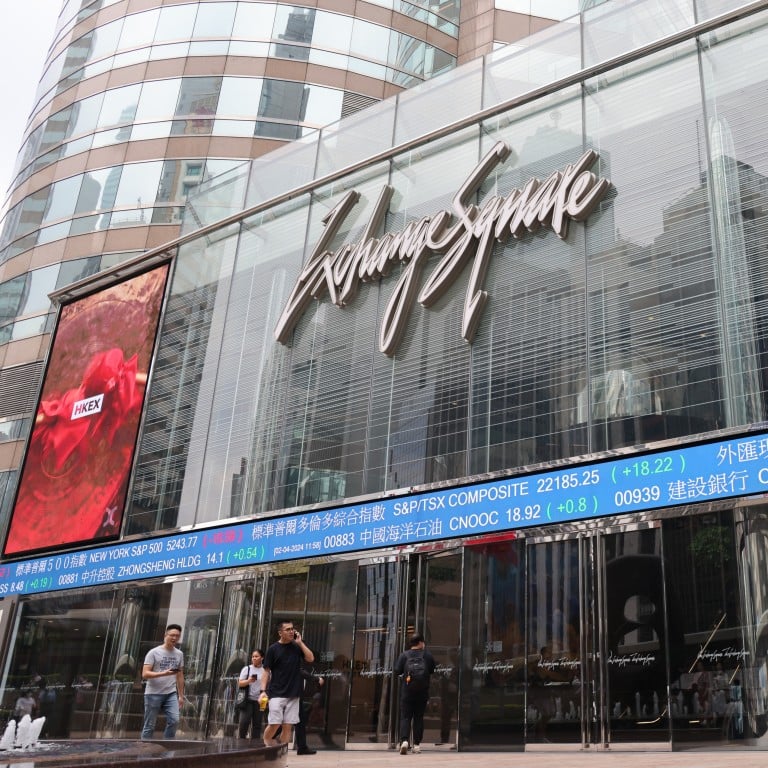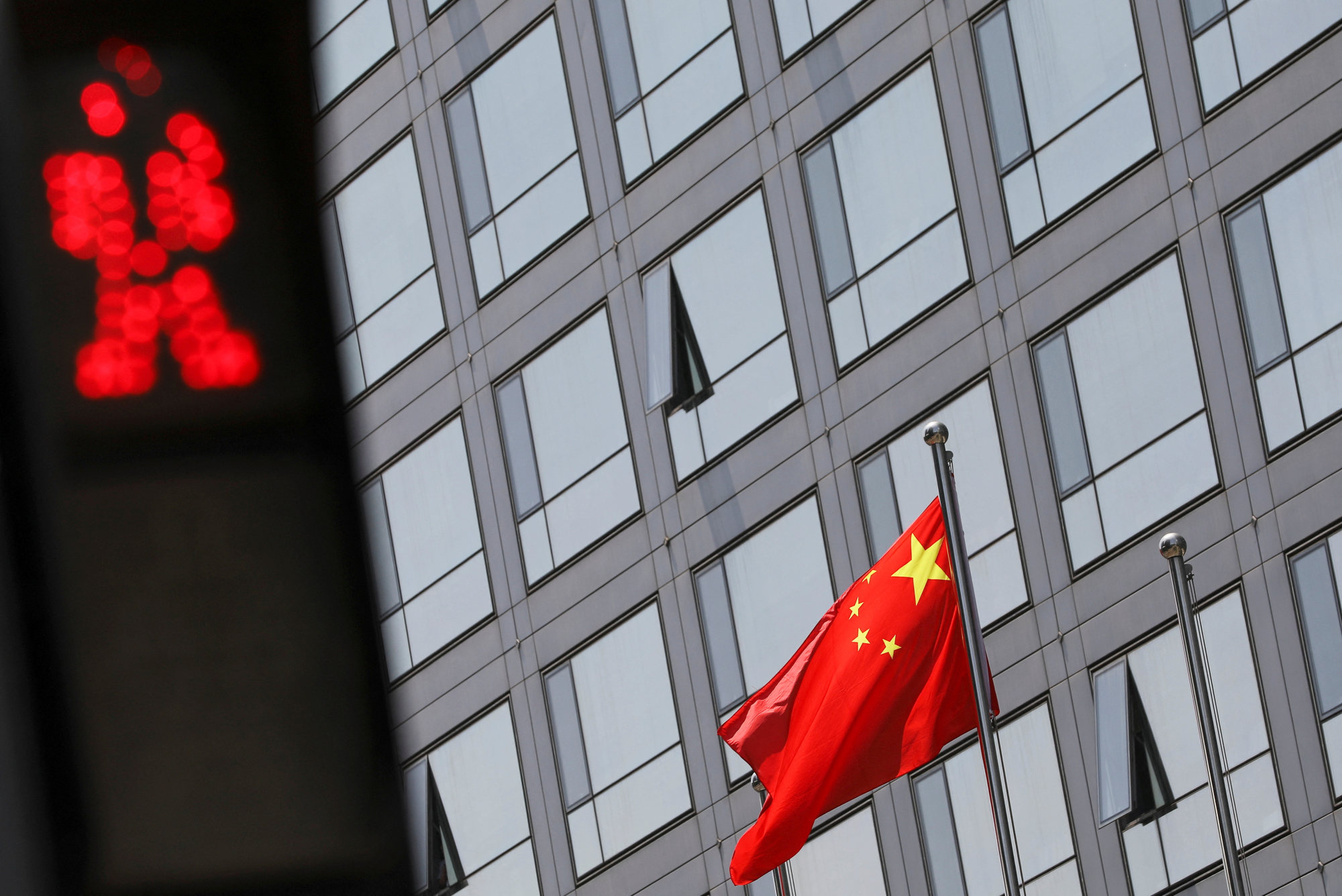
Hong Kong stocks soar after China’s market regulator vows support for city’s global financial hub status
- The China Securities Regulatory Commission will facilitate Hong Kong listings by leading Chinese firms and expand the Stock Connect cross-border investment scheme
- The market regulator said ‘it is necessary to consolidate and enhance Hong Kong’s status as an international financial centre’
The Hang Seng Index rose 1.8 per cent on Monday to close at 16,511.69. The Tech Index gained an identical 1.8 per cent, while the Shanghai Composite Index fell 0.7 per cent.
Oil stocks slumped after crude prices retreated on the build-up in US inventories and a cooling of Middle East tensions. Offshore oil and gas major CNOOC fell 2.5 per cent to HK$18.16 and PetroChina, Asia’s largest oil and gas producer, slumped 2.7 per cent to HK$7.29.
“The earlier changes made by the CSRC seek to make qualitative improvements,” said Nitin Dialdas, chief investment officer at Mandarin Capital Ventures. “The messaging is geared towards reversing the foreign investment outflows and lifting investor confidence”
“The central government fully supports Hong Kong’s long-term maintenance of its unique status and advantages,” the CSRC said in an announcement after markets shut on Friday, reiterating President Xi Jinping’s message that “it is necessary to consolidate and enhance Hong Kong’s status as an international financial centre”.

Edith Qian, equity strategist at CGS International Securities, said these efforts “should widen the investor base, encourage incremental fund inflow to the Hong Kong stock market, and further enhance stock liquidity”.
“Nevertheless, we still see ample room for further enhancing the scheme, such as introducing block trading, allowing for IPO subscriptions, and including secondary listed stocks,” she said in a report.
Asian markets were broadly higher. Japan’s Nikkei 225 Index rose 1 per cent, Korea’s Kospi advanced 1.5 per cent while Australia’s S&P/ASX 200 climbed 1.1 per cent.

